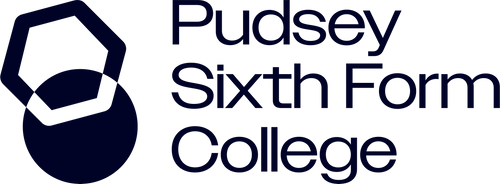


This programme is designed to bridge the gap between classroom learning and real-world experience, giving you the opportunity to apply your knowledge in a hands-on workplace setting. Over two years, you will complete an industry placement of at least 45 days, allowing you to refine your technical skills, build professional behaviours, and gain valuable hands-on experience in a professional finance setting.
You will build a strong foundation in financial accounting, exploring key principles, concepts, and practices that underpin bookkeeping, business mathematics, and financial reporting. Ethical and professional conduct is a core focus, helping you understand workplace responsibilities and how to navigate ethical dilemmas in a business environment. You’ll also develop an awareness of data-driven innovation, analytics, and design thinking, gaining insight into data governance frameworks and tools used to support decision-making.
Your core understanding will be assessed through an examination, while your practical skills will be tested through an employer-set project. Maths, English, and digital skills are embedded within the course to ensure you’re fully prepared for the modern financial sector.
All students will complete the core syllabus and specialise in the Assistant Accountant pathway, developing the technical expertise required to support businesses with financial operations, reporting, and compliance.
Five GCSEs at grade 9-4, including English and maths.
T Levels can lead straight into employment, or you can choose to continue your education through a higher apprenticeship or university: for more information, click here.
An Accounting T Level can lead to roles as a financial advisor, accountant, economist, statistician, business professional, bookkeeper, or payroll manager.

Bookkeeping is the only word in the English language to have three sets of consecutive double letters.